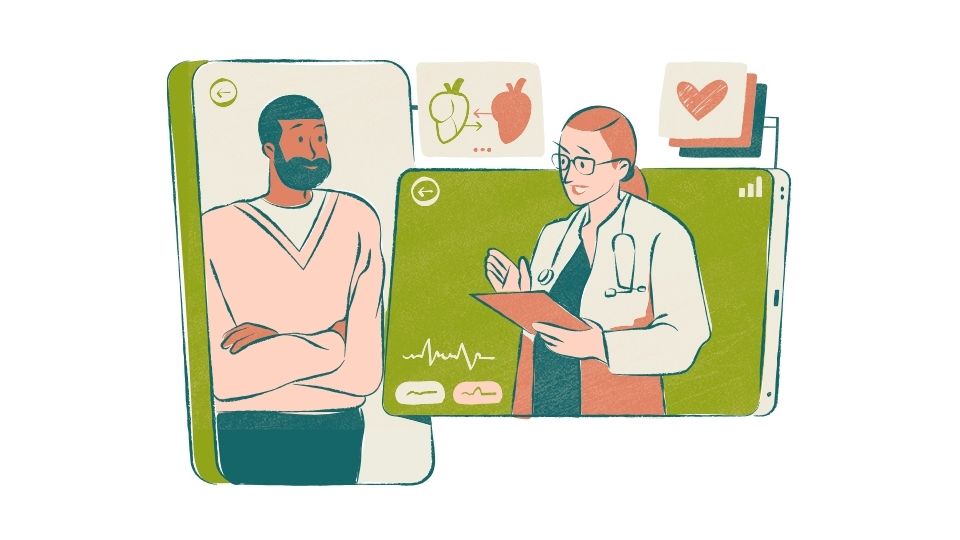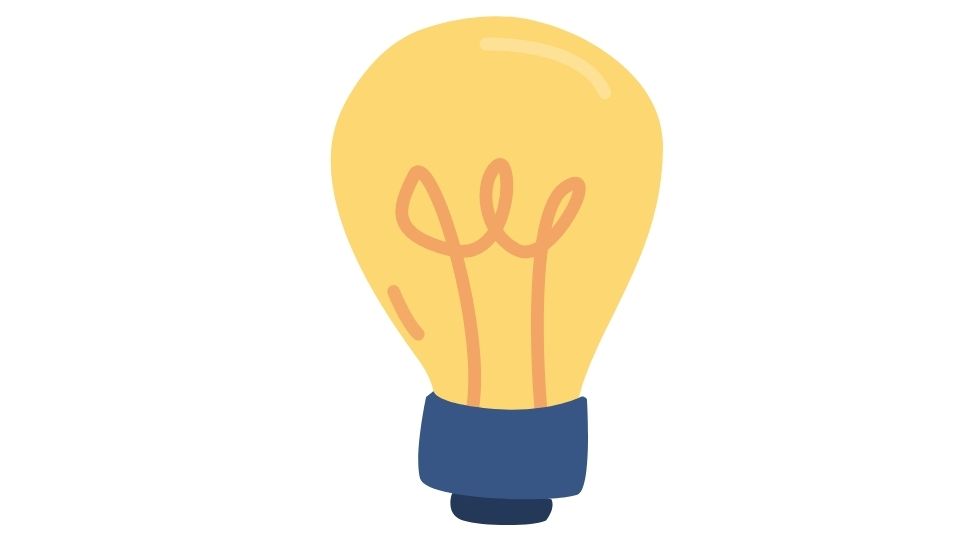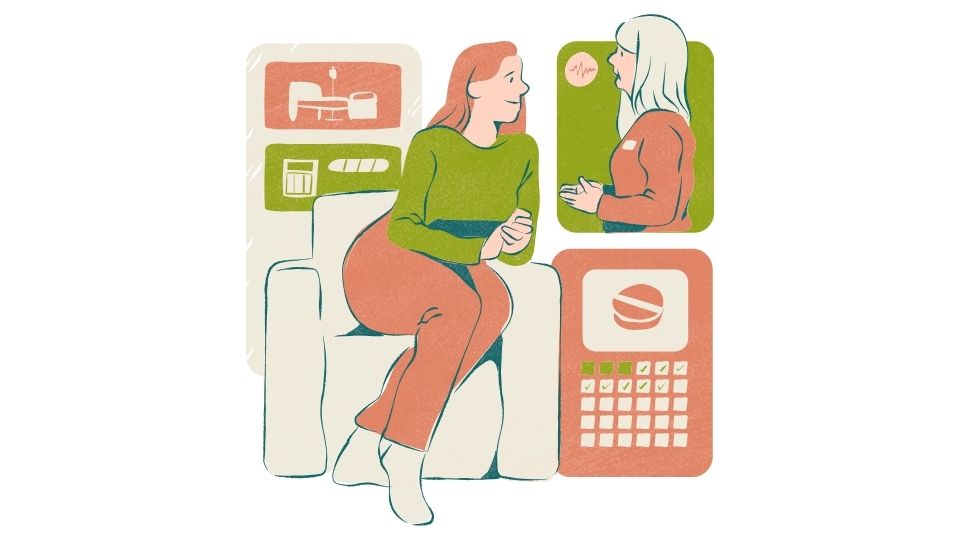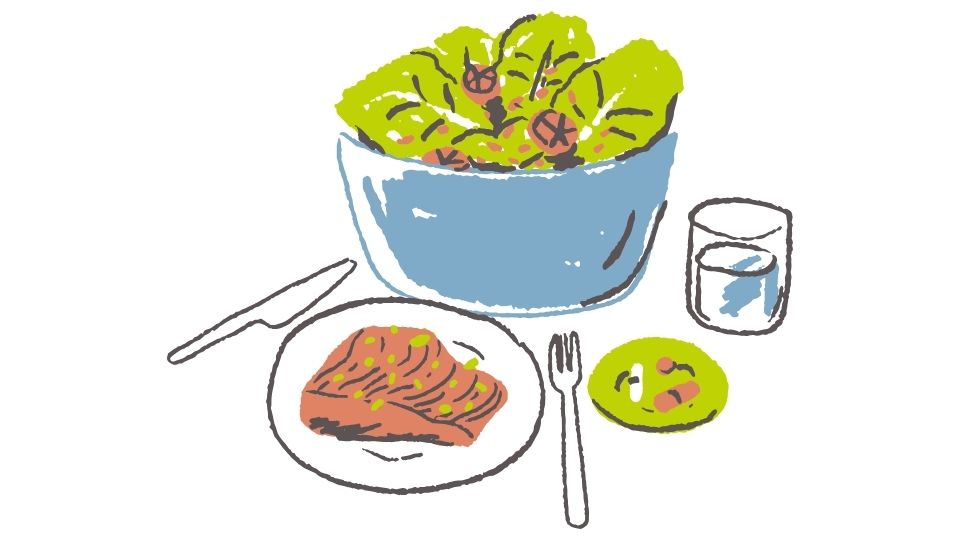Eating disorder recovery is a complex and sensitive process requiring careful monitoring of food intake, emotional wellbeing, and progress towards mental health goals.
Recent advances in technology have introduced specialized meal tracking apps designed to support individuals on their recovery journey.
These apps offer an accessible, often discreet way to log meals, track thoughts and feelings, and connect with treatment teams—all crucial components of recovery.
Let’s dive into how these digital tools can complement professional treatment and explore how they might fit into your recovery journey.
And yes, I’ll tell you about MealByMeal too (a meal tracking software with a simple SMS-based interface) and how it might work alongside other recovery approaches.

Meal Tracking Apps for ED Recovery: The What, Why, and How
Ever tried keeping a paper food diary during recovery? Yeah, it’s about as fun as doing taxes.
But what if I told you there’s a more convenient (and less awkward) way to track your meals and emotions during recovery?
Enter: meal tracking apps specifically designed for eating disorder recovery.
Why Use Meal Tracking Apps in Recovery?

Traditional recovery often involves paper-based food diaries and therapy sessions. But apps provide several unique benefits:
- Discreet and convenient: Log meals and emotions anytime, anywhere without carrying around a notebook that screams “I’m in recovery!”
- Real-time progress tracking: Visual graphs and feedback help you and your treatment team spot patterns over time
- Built-in coping tools: Many apps include affirmations, mindfulness exercises, and behavioral prompts when you’re having a tough moment
- Connection with treatment teams: Share data with your therapist or dietitian so they can provide support exactly when you need it
Research actually backs this up – apps can effectively supplement clinical treatment by encouraging consistent self-monitoring and providing coping strategies right in your pocket.
The App All-Stars for Eating Disorder Recovery

There are several apps out there, but a few stand out as particularly helpful for people dealing with anorexia, bulimia, binge eating, and related disorders.
Recovery Record: The Gold Standard
If eating disorder recovery apps were the Olympics, Recovery Record would be taking home the gold medal.
What it does: Designed specifically for eating disorder recovery, supporting all major eating disorders.
Key features:
- Meal logging with photo options
- Tracking thoughts, feelings, and behaviors
- Customizable recovery plans with goals and coping skills
- Visual progress charts showing patterns
- Connection with your clinical team
- Positive reinforcement with rewards and affirmations
- Option to “pair up” with other users for support
Cost: Free for users (clinicians have a paid version)
Where to get it: Available on iOS and Android
The good: It’s comprehensive, clinically validated, free, and endorsed by eating disorder organizations. Plus, it allows for collaboration with your treatment team.
The not-so-good: Some users report a learning curve with the interface, occasional technical glitches, and privacy concerns about clinician access (make sure to set clear boundaries with your team).
Rise Up + Recover: Simplicity is Key
What it does: Focuses on self-monitoring meals, emotions, and behaviors using CBT-based approaches.
Key features:
- Straightforward meal and emotion logging
- Custom motivation reminders
- Exportable PDF summaries for sharing with therapists
Cost: Free
The vibe: Simple, empowering, and great for those in early recovery or using it as a self-help tool.
Brighter Bite: For the Mindfulness Crowd
What it does: Emphasizes mindfulness and intuitive eating with daily check-ins.
Key features:
- Interactive exercises promoting body awareness
- Support for balanced, non-restrictive eating habits
- Gentle, compassionate approach
This app is perfect if you’re trying to rebuild a positive relationship with food beyond just tracking symptoms. It’s like having a gentle friend in your pocket reminding you to be kind to yourself.
How MealByMeal Fits Into Recovery

MealByMeal isn’t specifically designed as an eating disorder recovery app, but it offers something unique that might complement your recovery toolkit.
The standout feature: A super simple SMS-based meal logging system. Just text your meals and get detailed nutrition feedback.
Why it might work in recovery:
- No complicated interfaces – if you can text, you can use it
- Provides accurate calorie and macronutrient info to support nutritional rehabilitation
- Can be used alongside your clinical treatment plan
- Helps establish accountability in rebuilding eating patterns
- Offers real-time nutritional data that can inform your dietitian’s guidance
You can learn more about this approach at MealByMeal.com, where they explain the service in detail.
Using These Apps Without Going Overboard

Here’s the thing: these apps are tools, not rulers of your life.
- Keep your treatment team in the loop: Apps should complement professional treatment, not replace it
- Set clear boundaries: Especially about privacy and how often your clinician reviews your data
- Look beyond the numbers: Use apps that track emotional health and coping strategies, not just food
- Watch for obsessive tendencies: Be mindful that tracking doesn’t become a new form of control
- Mix and match your support: Apps, therapy, support groups, mindfulness practices – they all work together
The Bottom Line
Recovery tracking apps like Recovery Record, Rise Up + Recover, and Brighter Bite provide evidence-informed tools that go beyond basic food logging. They support emotional wellbeing and behavioral change that’s essential for long-term recovery.
If you want something more straightforward, MealByMeal’s SMS-based approach might be your speed. It’s like having a nutrition coach in your text messages – simple but effective.
Remember, the best app is the one that:
- Aligns with YOUR recovery goals
- Your treatment team approves of
- You feel comfortable using
At the end of the day, these apps are just companions on your journey – YOU’RE the one doing the hard work of recovery. And that deserves a standing ovation.




Leave a Reply